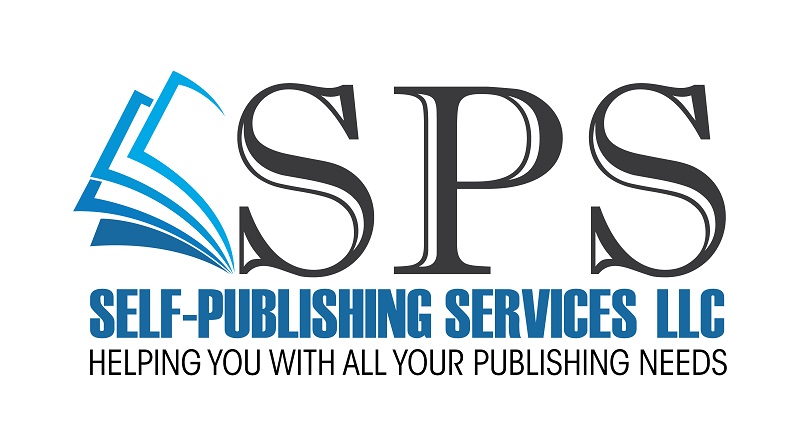Writing Routines for Real People: Part 4
I have been making it a point to write each and every day. Whether it's a poem (Happy April Poetry Month!), a short story, or a journal entry, I put a pen to paper everyday. This was a lot more challenging in the beginning, but it soon became a habit. Like muscle memory, when I get to class each day, I grab my notebook and start writing. Sometimes I have a good idea of what I want to write. Often I am working on my book or maybe I’ll pass a red tree on my drive and think of something poetic to say about it. Other times it's simply a recap of my morning and an acknowledgement of my sleepiness. Sometimes it'll be about the kid next to me who won't stop clicking his pen. The lesson I had to teach myself was that it doesn't matter what you write, it doesn't have to be good, it doesn't even have to make sense, it just has to be words on paper. Time for editing and organizing can come later, and you never know what type of inspiration you can draw out of a small stream of consciousness.
My writing routine goes something like this: journal, notebook, computer.
Journaling
Journaling to me is allowing my thoughts to spill out. I have found that journaling helps me not only as a writer but therapeutically as well. If I allow my thoughts to stay trapped in my mind, they can come back and attack me later. By getting everything out on paper, I genuinely can walk around feeling lighter. This is where you can really write whatever you want, it's basically a diary, and what kind of monster would read your diary?
Notebook
There really is no difference between a journal and a notebook, other than maybe aesthetics. To me, the difference is purpose. I use my notebook for drafting, organizing, and again, getting words on paper. I organize my notebook with highlighters so while flipping through, I can easily find what I am looking for. Currently, my notebook holds an entire handwritten manuscript for a novel I am working on. I personally enjoy doing first drafts on paper and then transferring it to the computer. This way, I can self edit as I go and I can write my ideas as they come to me rather than having to open up my computer every time.
Computer
The computer is where things get serious. Writing by hand allows me to have a more free form of expression. It helps me foster creativity without the constructs of formatting and structure. Typing it out after words allows me to keep my creative ideas in my story, while also making sure everything comes together smoothly and coherently.

